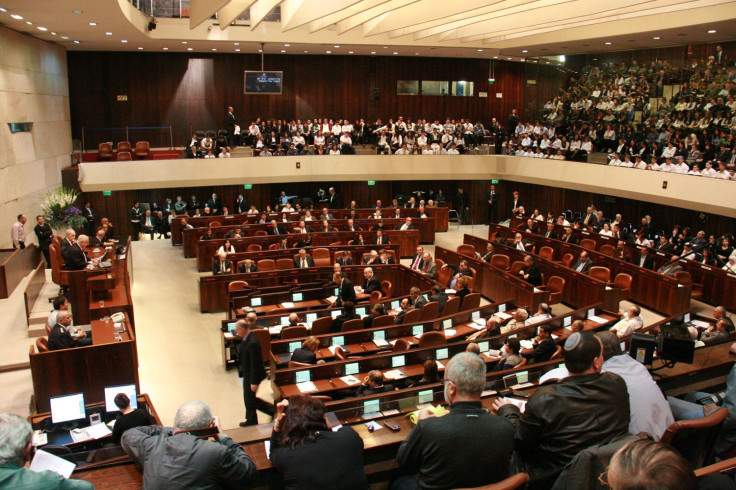Israel Urges Ben & Jerry's To Reverse Boycott

Three-quarters of the Israeli parliament on Wednesday urged Ben & Jerry's Homemade Holdings Inc., to reverse its decision to end its ice cream sales in the Israeli-occupied Palestinian territories.
Ninety out of the 120 Knesset members signed a letter sent to the Vermont-based ice cream company opposing its boycott, calling them to “rethink this decision and to amend this injustice.”
“This decision to boycott towns and cities in Israel, as well as the company’s attempt to force this boycott practice immediately on the Israeli manufacturer, is an immoral and regrettable decision that harms all residents of Judea and Samaria, as well as hundreds of Israeli workers, Jews and Arabs alike,” the members wrote in the letter.
ABC News noted that Arab parties and some dovish lawmakers refused to sign Knesset’s petition.
Ben & Jerry’s decision to end sale in Occupied Palestinian Territory came on Jul. 19 as a move to put pressure on Israel on behalf of the Palestinians. However, the company did not completely boycott the West Bank, saying it would continue to stay in Israel.
This boycott was met with backlash from both Israeli officials and pro-Palestinian activists alike. The latter argued the ice cream company was not doing enough while Israel condemned this move as anti-semitic.
Gilad Erdan, Israel’s ambassador to the United Nations and the United States, told the U.N. Security Council on Wednesday that it was partly responsible for Ben and Jerry’s decision.
“When this council fails to take strong action against the world’s worst human rights violators like Iran and Syria and instead singles out the world’s only Jewish state, it is no wonder that companies like Ben and Jerry’s and Unilever allow themselves to single out Israel for boycott,” he said.
“These companies have no moral reservations about operating in countries which are truly among the world’s worst violators of human rights, while imposing an anti-Semitic boycott on the Jewish state.
“In light of these double standards, the claims of U.N. bodies and companies like Ben and Jerry’s to be motivated by high ideals and objective standards, melt to nothing, like ice cream in the summer sun.”
Some 700,000 Israelis live in east Jerusalem and the West Bank, areas captured by Israel in the 1967 Mideast war which are considered illegal by the international community. The Palestinians, with wide global backing, claim both areas as parts of a future independent state, the Associated Press reported.





















